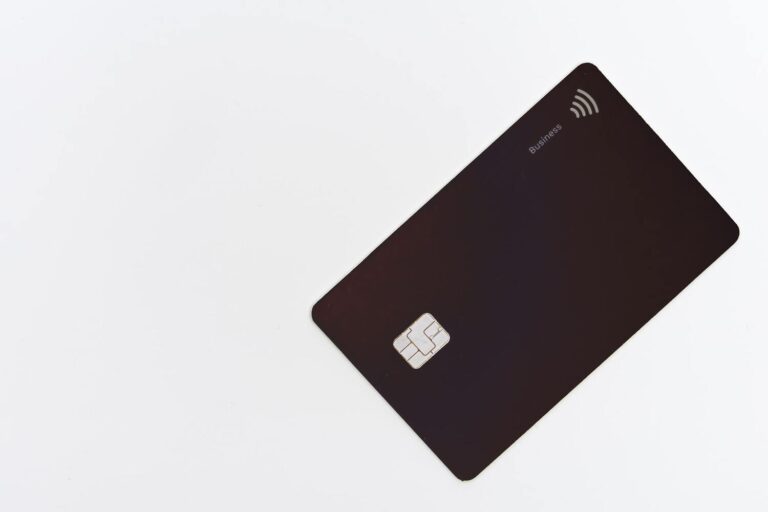How to Add Rent and Utilities to Your Credit Report

More than 43 million people in America pay rent, but you wouldn’t know it to look at their credit reports. In fact, most rent and utility payments are not reported to the credit bureaus, which means you may not be getting credit for bills that you regularly pay. Here’s how to add rent and utility payments to your credit report.
>> Learn more: How Rent Can Affect Your Credit Score
How Tradelines Work
Your creditors—including your credit card issuer, loan issuer, utility provider, and landlord—are not required to report to the credit bureaus. In fact, they have to pay a fee in order to report to the credit bureaus. That’s why many creditors like landlords and utility providers don’t report on-time payments, or will only report to one or two bureaus instead of all three.
But if you pay your rent and utilities on time regularly, those payments could be helping you build your credit profile. You just need to convince your creditors to report them to the bureaus. If they’re reported, the credit bureaus will include that information on your credit report and use it to determine your credit scores.
Sign Up for ExtraCredit
We don’t want to sound arrogant, but ExtraCredit is one of the easiest way to get your rent and utility payments added as new tradelines on your credit reports with each bureau. One account with ExtraCredit allows you to add those payments, and so much more—for less than what many other services charge.
ExtraCredit will securely connect to your bank account and automatically identify rent and utility payments, then facilitate a connection with each credit reporting agency. You’ll start seeing your payments show up as tradelines on each credit report in a matter of weeks. If you keep up with your on-time payments, these could help you build your credit profile with these payments as tradelines on your report.
What’s the “so much more” included in an ExtraCredit account? How about 28 FICO® scores and credit reports from all three credit bureaus. And dark web monitoring. And $1 million identity theft protection insurance. And cashback opportunities. And an exclusive discount to one of the leaders in credit repair. For just $24.99 a month. ExtraCredit may not be the only company to offer rent and utility reporting, but we are the only company to combine it with total credit coverage. Learn more.
Try Experian Boost
Experian Boost allows you to add utility and mobile phone payment history to your Experian credit report. Boost is free and will only add positive payment history, but it is only added to your Experian credit report. So if a creditor pulls your Equifax or TransUnion scores, the boost you got from Experian Boost won’t help.
Use Other Third-Party Services
There are other third-party services that can help you add tradelines to your report, like RentReporters and SimpleBills. But that means signing up for multiple accounts and keeping track of them separately—and without easy access to your credit scores and credit reports so you can see how those payments are affecting your credit profile. These services also generally have a high sign-up fee plus monthly fees. And many only report to one or two credit bureaus, not all three.
Talk to Your Landlord
Another option is talking to your landlord or other creditor directly and asking them to start reporting your payments to the bureaus. Remember, there’s a fee for them to do so, so they might not be interested. You could offer to pay—but if you’re paying, you’re probably better off signing up for an account that you can regularly access.
Other Ways to Build Credit
Getting your rent and utility payments added to your credit report is far from the only way to build your credit. Your payment history accounts for 35% of your credit score, so the best way to build your credit is to pay all of your bills on time—every time.
If you don’t have any credit accounts, consider applying for a secured credit card or opening a credit-builder loan. These credit-building tools are great for individuals with a thin credit file.
DISCLAIMER. The information provided in this article does not, and is not intended to be, legal, financial or credit advice; instead, it is for general informational purposes only.
This post originally appeared on Credit.com.






